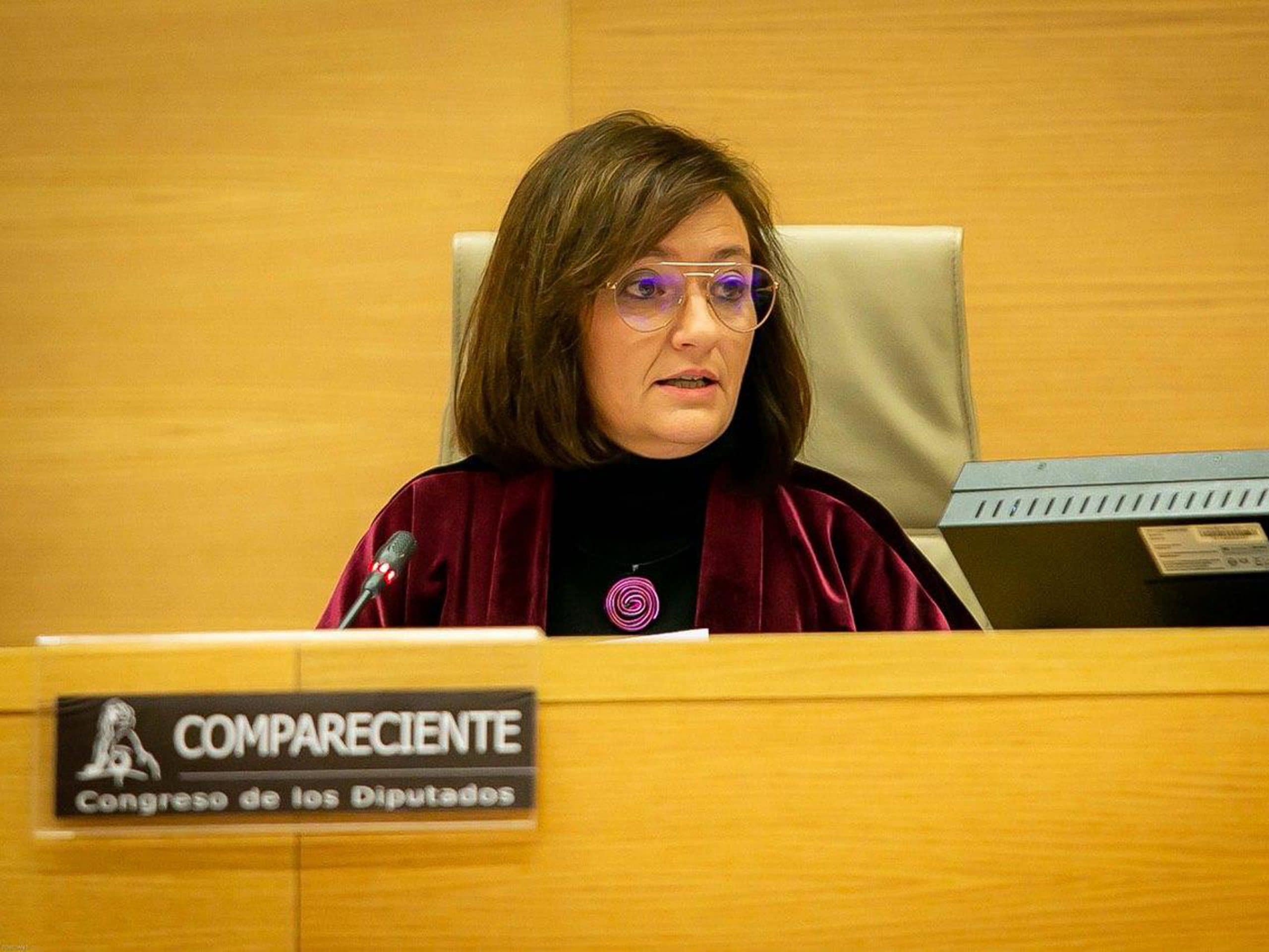- The new president wants to strengthen the institution’s supervisory work and its evaluation of public policies, in order to be more useful to society
- AIReF has become one of the most important Independent Fiscal Institutions (IFIs) in its mission to support the sustainability of public finances.
Today, the Council of Ministers approved Cristina Herrero’s appointment as president of the Independent Authority for Fiscal Responsibility (AIReF) for the next six years, after the Congress of Deputies unanimously accepted her proposal on 25th February.
During her appearance before the Congress of Deputies’ Treasury Commission, responsible for examining the experience, training and capacity of the person proposed by the government for AIReF’s presidency, Cristina Herrero revealed her intention to strengthen AIReF’s supervisory work and to evaluate public policies in order to be more useful to society.
In particular, she highlighted her “commitment to strengthening AIReF’s actions, both in the supervision of Public Administrations’ finances and through evaluating their policies. This all has a clear aim; the medium- and long-term sustainability of public finances”. “This is a shared responsibility that AIReF will continue to work on,” she added.
On the other hand, she recalled that over the past six years, AIReF has developed its activity based on the institution’s three guiding principles: independence, transparency and accountability. She assured that she would continue to work on the basis of these three “inalienable” principles during her time as president.
AIReF has become one of the most important Independent Fiscal Institutions (IFIs) in its mission to support the sustainability of public finances. It became fully operational in 2014 and, since then, it has become an institution of recognised prestige that has managed to carve out a niche at the national level and has gained the confidence of administrations and the general public.
President’s Functions
In accordance with AIReF’s regulations, the president is appointed for a non-renewable six-year term and is responsible for directing and coordinating the institution’s teams. The law grants them a wide range of responsibilities in the institution’s organisation, governance and decision-making in all its powers. Their functions also include appearing before Parliament at least twice a year to report on the Institution’s activity.
In addition, they independently and objectively exercise AIReF’s legal representation, direct and coordinate its governing bodies’ activities, along with being the head of all staff, entering into contracts and agreements and ordering expenses and payments. Their functions are listed in article 25 of Organic Law 6/2013 on AIReF’s creation and article 25 of the Independent Authority for Fiscal Responsibility’s Statute.
Cristina Herrero has been part of AIReF’s team since its foundation. She became the director of the Budget Analysis Division in 2014, therefore being the head of one of the institution’s main functions as a guarantor of budgetary stability and the sustainability of public finances.
Cristina Herrero Biography
Cristina Herrero is a graduate in Economics and Business Studies from the Complutense University of Madrid. She is an active civil servant in the Cuerpo Superior de Interventores y Auditores del Estado (Senior State Controllers and Auditors) and a civil servant, on leave, of the Cuerpo Superior de Inspectores de Hacienda del Estado (Senior State Tax Inspectors).
Since April 2014, she has been the Director of AIReF’s Budget Analysis Division, ensuring the institution’s supervision of Public Administrations’ actions linked to implementing and complying with the fiscal rules on deficit, debt and expenditure. She also manages several public expenditure review projects carried out by AIReF.
Her previous career was linked to national accounts and designing and implementing fiscal rules. In this way, from 2000-2005 she was Executive Advisor at the Intervención General de la Administración del Estado (General Intervention Board of the State Administration – IGAE) as a coordinator of the preparation of the national accounts of the Public Administrations sector, following several years as head of the national accounts of the Regions and Local Governments. At this stage, she was responsible for relations with the International Monetary Fund within the framework of the Special Data Dissemination Standard (SDDS) agreement.
Subsequently, between 2005 and 2014, she was the Deputy Director General of the Secretaría General de Financiación Autonómica y Local (General Secretariat for Regional and Local Funding), supervising and monitoring Regions’ budgetary stability and financial sustainability. She implemented and managed financing mechanisms enabled by the State for payment to suppliers, as well as the conditionality associated with financing of the public deficit.
She has participated in a number of working groups, including Fiscal Balances Calculation, Health Expenditure Analysis, Technical Committee of the Comisión Especial para la mejora de la Dependencia (Special Committee for Improving Dependency) and Working Groups of the Consejo de Política Fiscal y Financiera (Fiscal and Financial Policy Council) in the field of budgetary stability and streamlining expenditure, as well as those groups linked to analysing and reforming the financing system.







